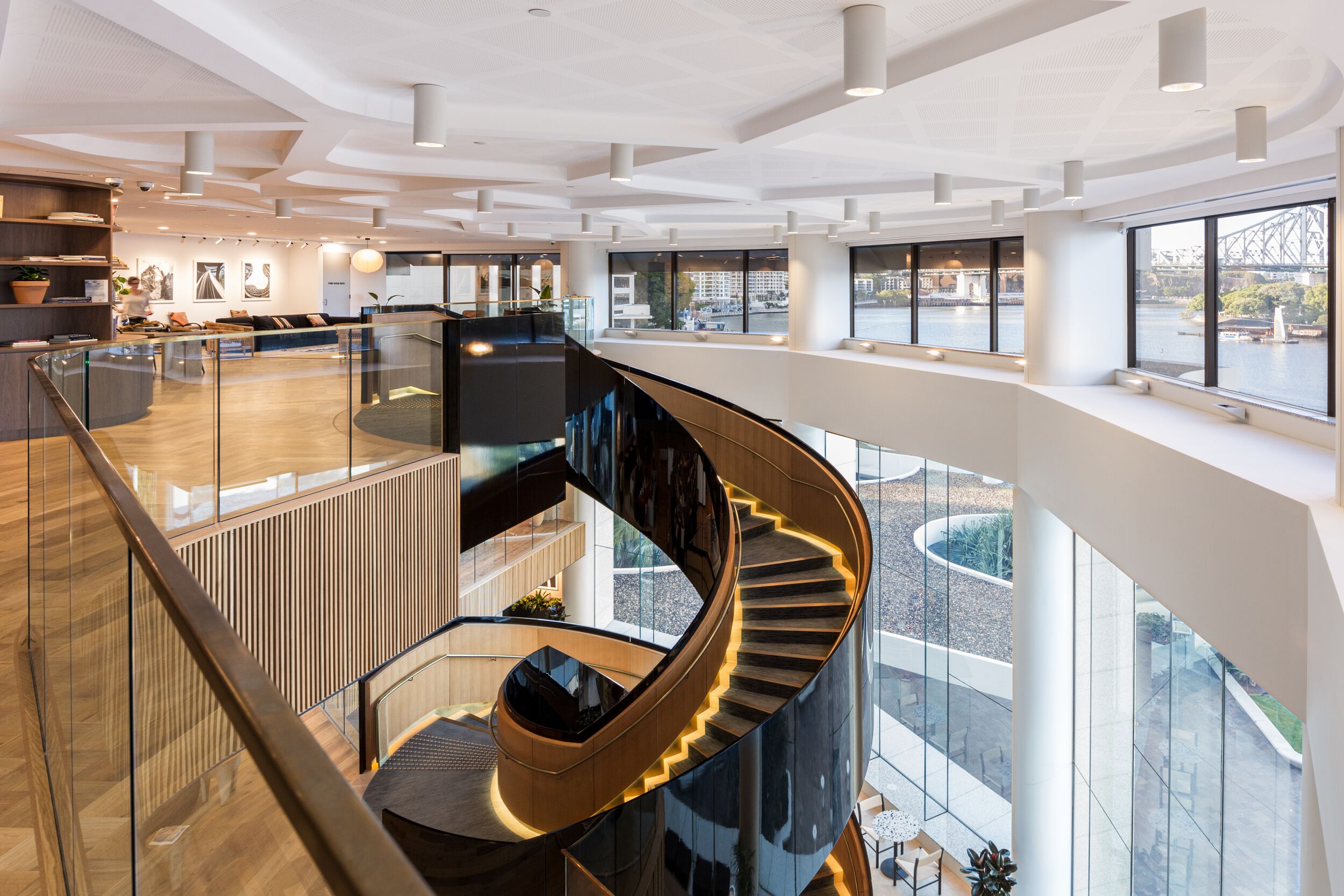With roots in construction technology, SaaS startup Unearth supports critical infrastructure providers in construction, utilities, oil and gas, and telecom with a platform that enables location-based data management. The work is high-tech and completely reliant on the innovation and creativity of its workforce, which in turn is fueled by the company’s culture.
When Unearth’s workforce went remote at the beginning of the COVID-19 pandemic, the company needed a way to replicate the collaborative energy that was so essential to its culture as well as give its employees flexibility. That’s why it decided to partner with WeWork on a dedicated office space and WeWork All Access passes.
The challenge: replicating a culture built on face-to-face interaction
The culture at Unearth has been collaborative since its inception, when weekly all-hands meetings were held on a single circular sofa in the company’s Seattle office. That was back when the software company employed just 20 staffers, who considered one another as family.
Before the pandemic, Unearth leased around 5,000 square feet of traditional commercial real estate space in Seattle in anticipation of a growing headcount. The majority of its employees were based in Seattle, though others worked in California, Oregon, and Illinois. The new space easily accommodated 30 desks, with plenty of room for expansion as needed.
“We were definitely planning to grow into it,” says Brian Saab, Unearth’s cofounder and CEO.
COVID-19 threw a major wrench in those plans, however, and employees were sent home to work in March 2020. The office lease, which ran through August 2021, quickly seemed unnecessary.
Collaboration is key to Unearth’s company culture, and WeWork spaces ensure teams can share ideas openly, innovate, and continue to work well together.
Brian Saab, Unearth cofounder and CEO
“The space was no longer designed for what we needed,” Saab says, and the company opted not to renew it.
To find out exactly what the team did, Unearth asked employees, through employee sentiment surveys as well as casual conversations, for input on the way forward. The company wanted to know: What was working for them? What wasn’t? Did they prefer a traditional office setting, or would they prefer a more flexible space?
The solution: access to space wherever employees are
Although some employees expressed satisfaction with working exclusively remotely, others wanted to go back to an office, or to at least have the option available.
“The underlying sentiment was that folks did miss each other. They missed in-person collaboration,” Saab says. Although Zoom is a useful tool, he says, “the nature of Zoom meetings made it difficult to have that natural flow of ideas, especially when brainstorming.”
Culture was another big consideration, says Saab. Culture had mostly been conveyed through osmosis, by being physically around one another. The ability to spread company culture was getting lost over video calls.
Unearth had worked hard to retain its close-knit family culture, experimenting with a number of tools and tactics. Early on in the pandemic, as employees were adjusting to being home during the day, the human resources team scheduled random coffee chats. During these 15- or 30-minute Zoom calls, employees were paired up for casual conversation in an effort try to replicate the spontaneous watercooler chats that naturally occurred when everyone was in person, Saab says. There were also virtual happy hours and team-building lunches over Zoom, to create opportunities for employees to stay connected with one another as often as possible.
Yet as employees grew more comfortable with returning to in-person meetings, the need for a central meeting area emerged, sparking a search for as-needed workspace.
Unearth decided to embrace a hybrid work model and gave its 27 employees WeWork All Access passes in August 2021, which allows employees to visit WeWork spaces as needed. Investing in WeWork All Access meant that employees would have a space to work out of, no matter where in the U.S. they were based.
Shortly thereafter, the company leased two private offices at WeWork 500 Yale Ave N in Seattle, and that became Unearth’s de facto headquarters.
The result: a revival of connection and engagement
Within a month of the company joining WeWork, at least 85 percent of Unearth’s staff had visited a WeWork space, Saab says.
“Collaboration is key to Unearth’s company culture, and WeWork spaces ensure teams can share ideas openly, innovate, and continue to work well together,” according to Saab.
With WeWork All Access, Unearth employees set up a regular rhythm of weekly meet-ups to strengthen cross-functional connectivity. That includes congregating as a team, gathering for lunch, and scheduling departmental work sessions within its meeting rooms.
“There is an irreplaceable value of in-person connection,” Saab says, “and the little ties you can make just from a few moments of in-person interaction might not happen remotely. But WeWork has definitely brought the company together again, and helped us maintain a level of connectivity we couldn’t get when everyone was working completely remotely.”
Key highlights
- Shifting from remote-first to a hybrid workplace, based on employee preference for more face-to-face interaction
- Giving employees flexibility to access office space where they are, using WeWork All Access
- Having a meeting place as a home base for valuable collaborative work
- Recognizing how essential in-person collaboration is to the creative process and to culture adoption
- Setting up a regular rhythm of team and department meetings for regular connection opportunities
Marcia Layton Turner is a freelance business writer whose work has appeared on forbes.com and in Entrepreneur, Realtor, and many others. She has also authored, coauthored, and ghostwritten several real estate–related books for major publishers.
Rethinking your workspace?














